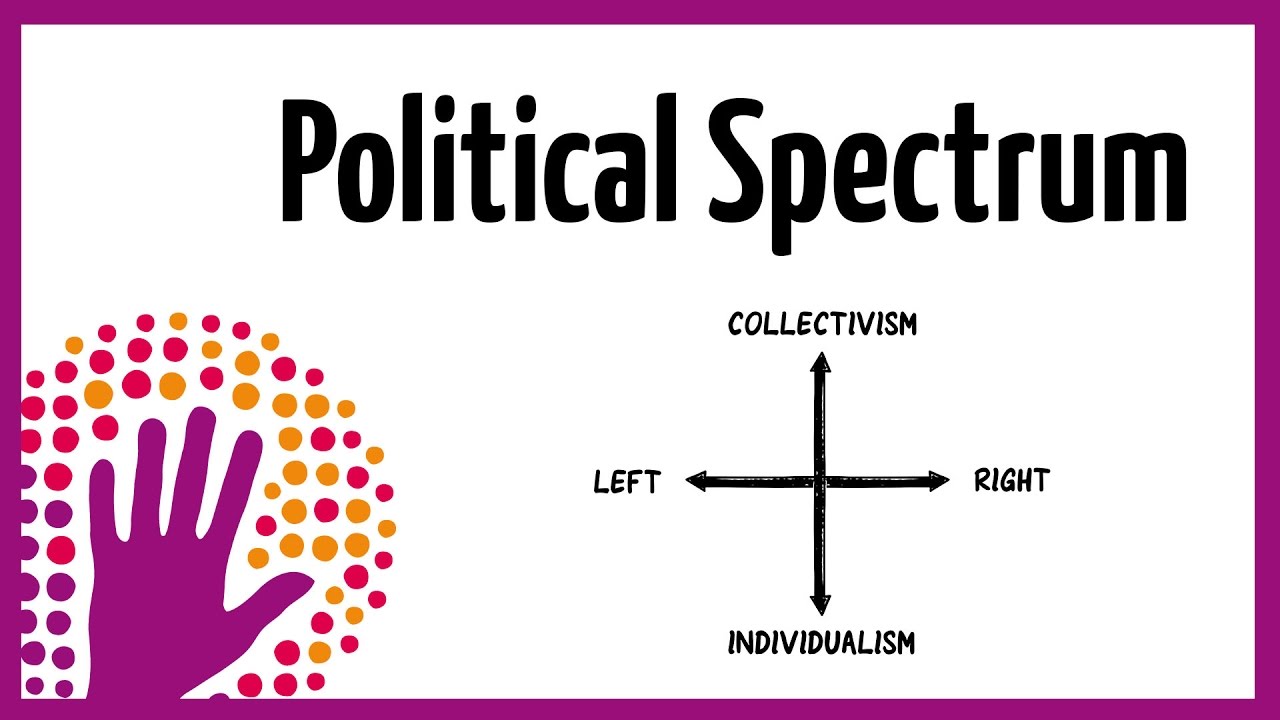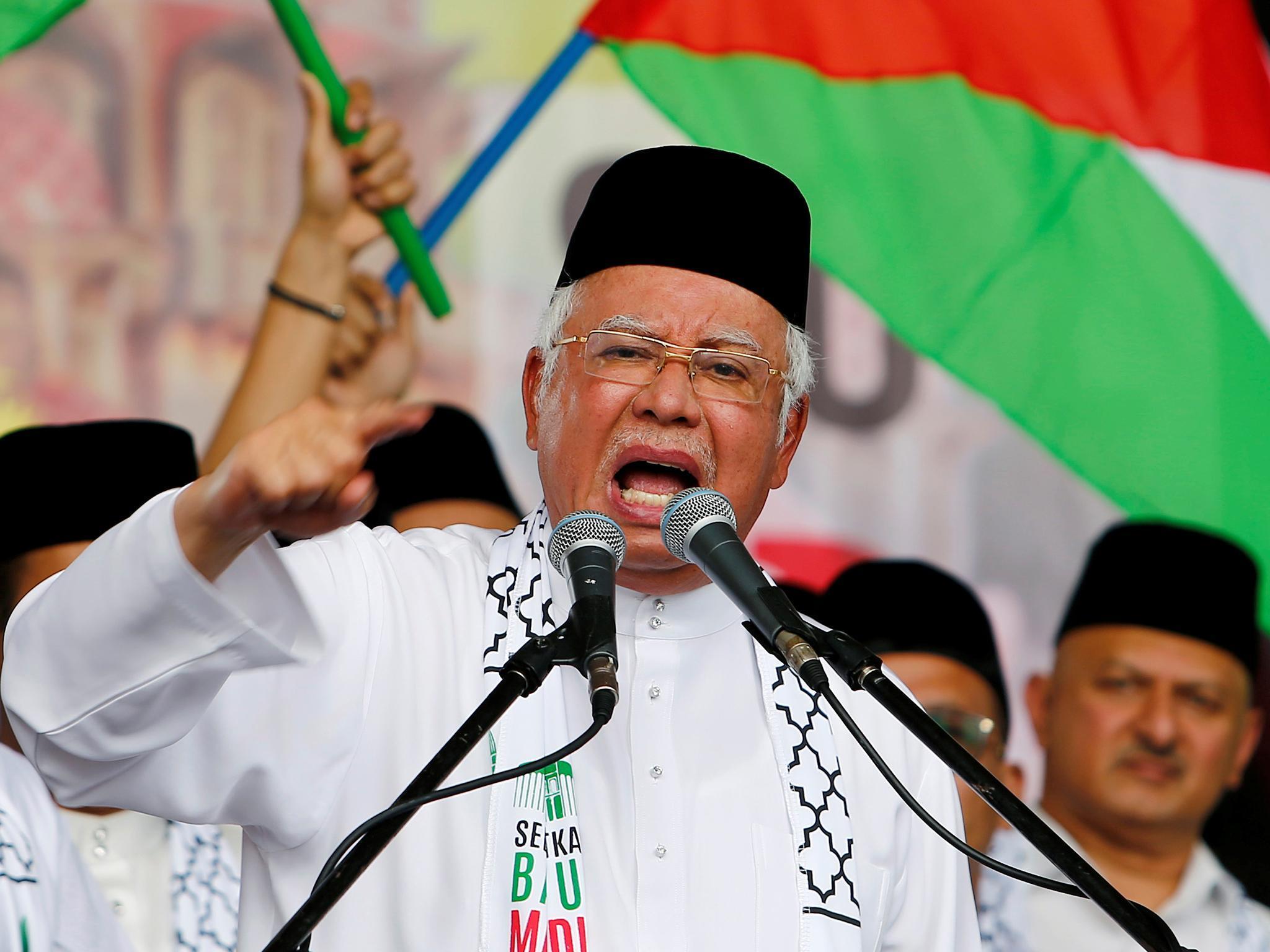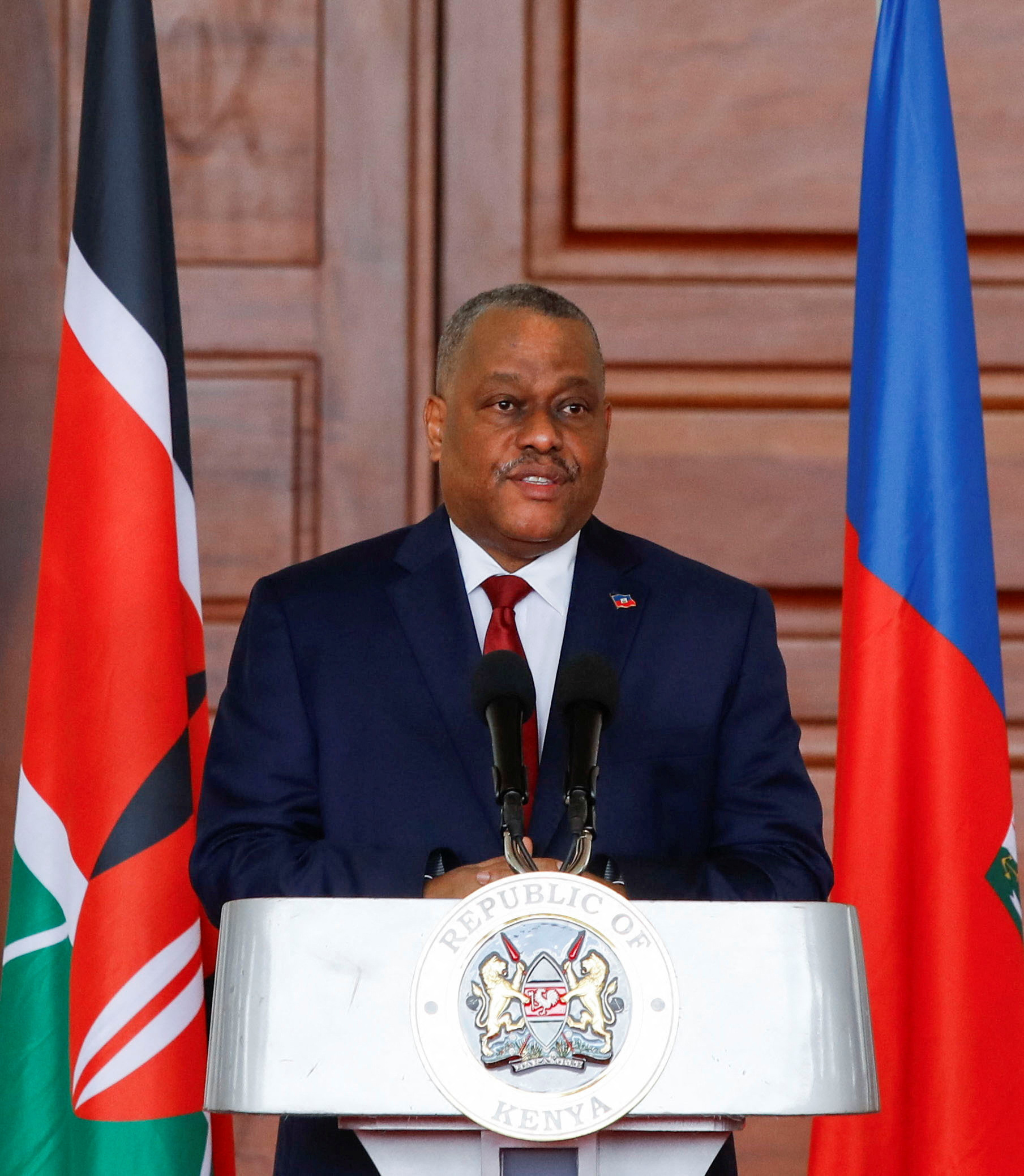
Political Scandal Erupts: PPRP’s Samart Janechaijittawanich Dismissed Amid iCon Controversy
The air is thick with intrigue as the Palang Pracharath Party (PPRP) finds itself embroiled in a scandal that could shake its foundations. On October 19, 2024, Samart Janechaijittawanich, the party’s deputy spokesman, was ousted following allegations of extortion tied to the CEO of The iCon Group, a direct sales company mired in public fraud accusations.
Palang Pracharath Party in the spotlight for alleged misconduct.
The decision to remove Samart came directly from party leader Gen Prawit Wongsuwon, as the investigation into the iCon Group’s activities expands. PPRP secretary-general Paiboon Nititawan confirmed that while Samart had been dismissed from his spokesman role, the question of his complete expulsion from the party remains, as it requires approval from the executive committee.
Despite the mounting pressure, Samart has adamantly denied his involvement, going so far as to threaten legal action against those who associate him with the alleged scam. This is not just an abstract political drama; it raises substantial questions about the integrity of those in high office and how power dynamics can lead to corruption.
A Tense Allegation
The allegations against Samart escalated when an audio clip surfaced, purportedly featuring a conversation between Warathaphon Waratyaworrakul, CEO of The iCon Group, and an unidentified individual believed to be linked to PPRP’s dealings. The clip allegedly presents a scenario where the unnamed man sought to negotiate the redress of a complaint in return for a substantial sum of money—100,000 baht.
In a television interview, Warathaphon acknowledged the rare insight provided by the recording, insisting that the incident occurred approximately two years ago and was disconnected from the current scandal. However, the implications are staggering; they suggest a web of corruption potentially entangling various players within the political arena.
Investigations Underway
As the situation unravels, celebrity lawyer Sitra Biabangkerd has stepped forward, submitting a petition to the House Speaker, urging an investigation into the contents of the two audio clips allegedly featuring Samart. Sitra emphasized that immediate action is warranted, suggesting that if Samart is found complicit, he should be removed from all House committees he chairs—a proposal that would highlight the gravity of the claims.
Celebrity lawyer Sitra Biabangkerd calls for accountability.
With Samart sitting on nearly ten committees, the potential fallout from this scandal could reshape the PPRP’s leadership landscape. Ironically, while Samart continues to cling to his position, his colleagues may feel the repercussions, as the party must now navigate the murky waters of public opinion and accountability.
Moreover, Muk Sulaiman, a secretary to the House Speaker, confirmed that all committees are under directive to scrutinize any potential misconduct among their ranks, amplifying the urgency of the investigation. Political observers are keenly aware that the outcome could significantly affect trust in governmental institutions.
The Bigger Picture
In the ever-turning wheels of politics, the scandal surrounding Samart and The iCon Group throws a harsh light on the persistent vulnerabilities of political entities to corruption and malfeasance. This incident stands as a stark reminder of the necessity for rigorous oversight and accountability mechanisms in governance.
Critics of the PPRP have echoed calls for thorough investigations not only into the actions of Samart but also into broader systemic issues that allow such conduct to proliferate undetected. The incident reflects a chilling narrative frequently seen in political circles, where personal interests often supersede public service—a dynamic that must be addressed for the health of the political system.
A Divisive Environment
In the larger context, this scandal unfolds alongside other significant political dramas, such as the controversial claims made against politicians in various states and even globally. Recent events, from electoral allegations to socio-political tensions, highlight the fragile state of political integrity, as many leaders find themselves balancing personal ambitions against the ethical obligations to their constituents.
Citizens are left wondering how many more stories lie hidden beneath the surface, waiting to be uncovered. As this story continues to develop, the implications for the PPRP and its leadership could serve as a case study for accountability in political structures.
 The evolving political landscape marked by scandals.
The evolving political landscape marked by scandals.
Conclusion
The fallout from the Samart scandal is far from over. As calls for an in-depth investigation grow louder, the actions taken by the PPRP will be closely monitored by both the public and political analysts. Will the party take decisive steps to clear its name, or will this incident serve as yet another chapter in the ongoing saga of political corruption?
As events unfold, it is vital for political leaders to remember that transparency and accountability are not merely conveniences in governance—they are fundamental principles that uphold the very fabric of democracy. The world will be watching closely as this intriguing political drama continues to play out, perhaps as a lesson on the importance of integrity in public office.















